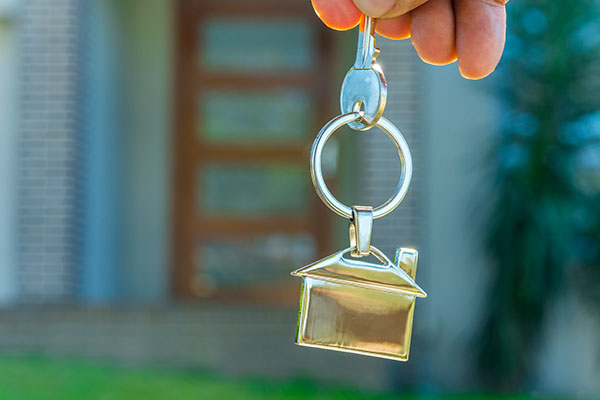So the snow came early this year, and it just keeps coming. No doubt a fair number of you are now daydreaming about vacations in Florida or New Mexico, maybe checking out rentals on Airbnb or Trivago.
But while you want to escape the cold, there are lots of other people (they probably live in Florida or New Mexico) who would love nothing more than to spend a week or two playing in the snow.
Why not trade places? Home swapping has been around for decades, and in the internet age, more home exchange companies are popping up online all the time. If you’ve never considered home swapping before, these five tips can help you decide if a home exchange might be right for you.
- Know thyself. It can feel a bit odd, this idea of letting strangers into your home. So live with that idea for a while and make sure that you are totally comfortable with the prospect of opening your home to people you have never met. If the weirdness factor goes away, then you can move forward with a home exchange. If it persists, it’s probably better to stick with traditional vacation rentals.
- Find the right service. All the home exchange companies you’ll find online—there are dozens of them—operate in the same basic manner. You provide information about your home that all members of that particular exchange community can peruse, and in return you’ll have access to information about all the members’ homes as well. The exchange sites will differ in what they charge and the variety of membership options that they offer. So, you’ll have to do a little research to find the exchange site that is right for you. There are free exchange services out there, but a reputable service is likely going to charge at least a modest fee.
- Decide what you want. There is more than one way to swap a home. You can arrange a simultaneous exchange, which allows you to stay in your exchange partners’ home at the same time that they stay in yours. You can make a deal to stay in someone’s second home, which is called a non-simultaneous exchange. You can even arrange for a hospitality exchange, in which case you would stay in someone’s home as a guest. Some exchange sites focus on one type of exchange over another, so knowing what kind of exchange you want can help narrow down your search for an appropriate service.
- Do your homework. For the most part, home swapping has a good track record where safety is concerned. All the same, you’ll want to do at least some research on the people you’re inviting to stay in your home. The home exchange service should be able to provide references, and you can check out your prospective exchange partners via social media outlets as well. If you spot any red flags, choose someone else.
- Have clear expectations. Be upfront with your home exchange partners about what you expect from them. If you want them to take out all their trash and empty the dishwasher before they leave, just tell them. Do you want clean sheets on the bed when you come home? Can they leave any leftover food in the refrigerator? Think about such things in advance, and don’t hesitate to make your expectations known.
